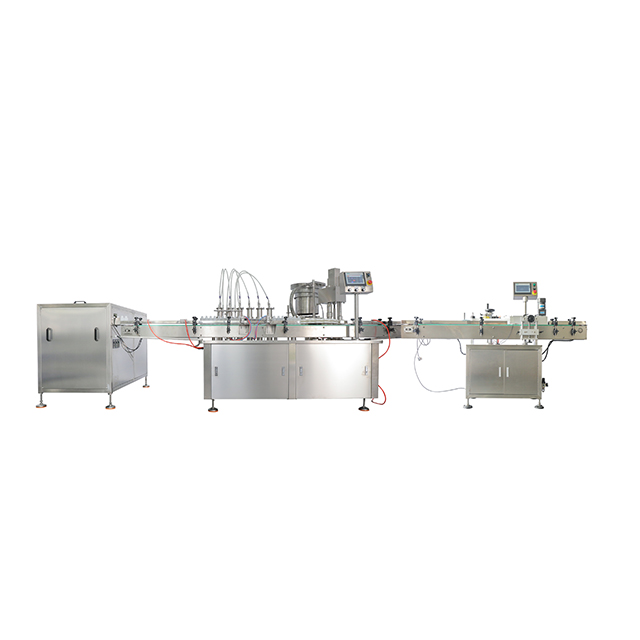
Pasteurization - Wikipedia
CachedPasteurization is a mild heat treatment of liquid foods (both packaged and unpackaged) where products are typically heated to below 100 °C. The heat treatment and cooling process are designed to inhibit a phase change of the product.
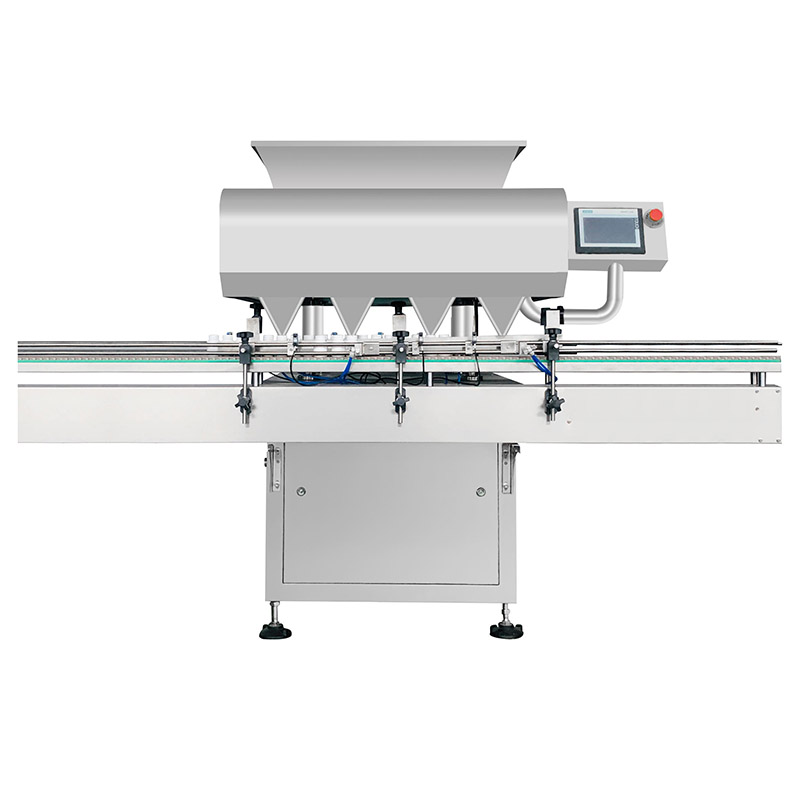
Pasteurization,Water Pasteurization,Water Pasteurization ...
CachedPasteurization Pasteurization refers to the process of heating liquid edible or drinking water to a specific temperature for a definite length of time and then cooling it immediately to disinfect it from microbes. Unlike sterilization, this process aims to reduce the number of viable pathogens or slower the growth of microbes present in the water.
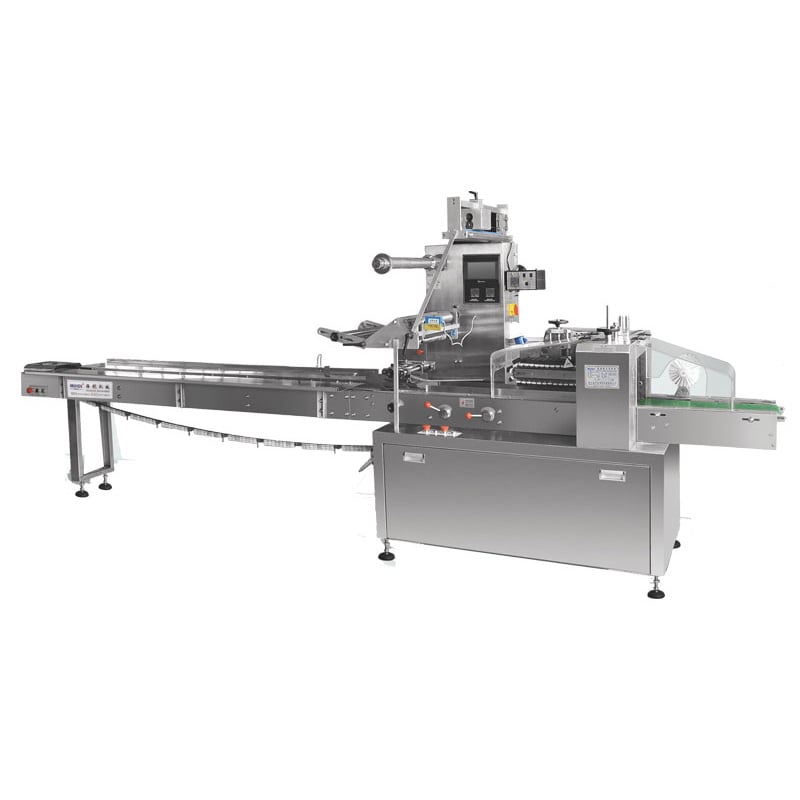
The Effect of Chemical Preservatives, Pasteurization and ...
Cachedlocal alcoholic beverages produced in africa involve the activities of an array of microorganisms to produce drinks of acceptable quality characteristics through fermentation, this study aimed to evaluate the potentials of pasteurization, refrigeration and two chemical preservatives; sodium benzoate and sodium metabisulphite for the preservation …

Difference Between Pasteurization and Sterilization | Compare ...
Cached20/06/2012 · Pasteurization is a heat treatment food preservation method that kills a part of the microorganisms present in the food. Therefore, this technique is used for foods that can be stored and further handled under suppressed microbial growth conditions.
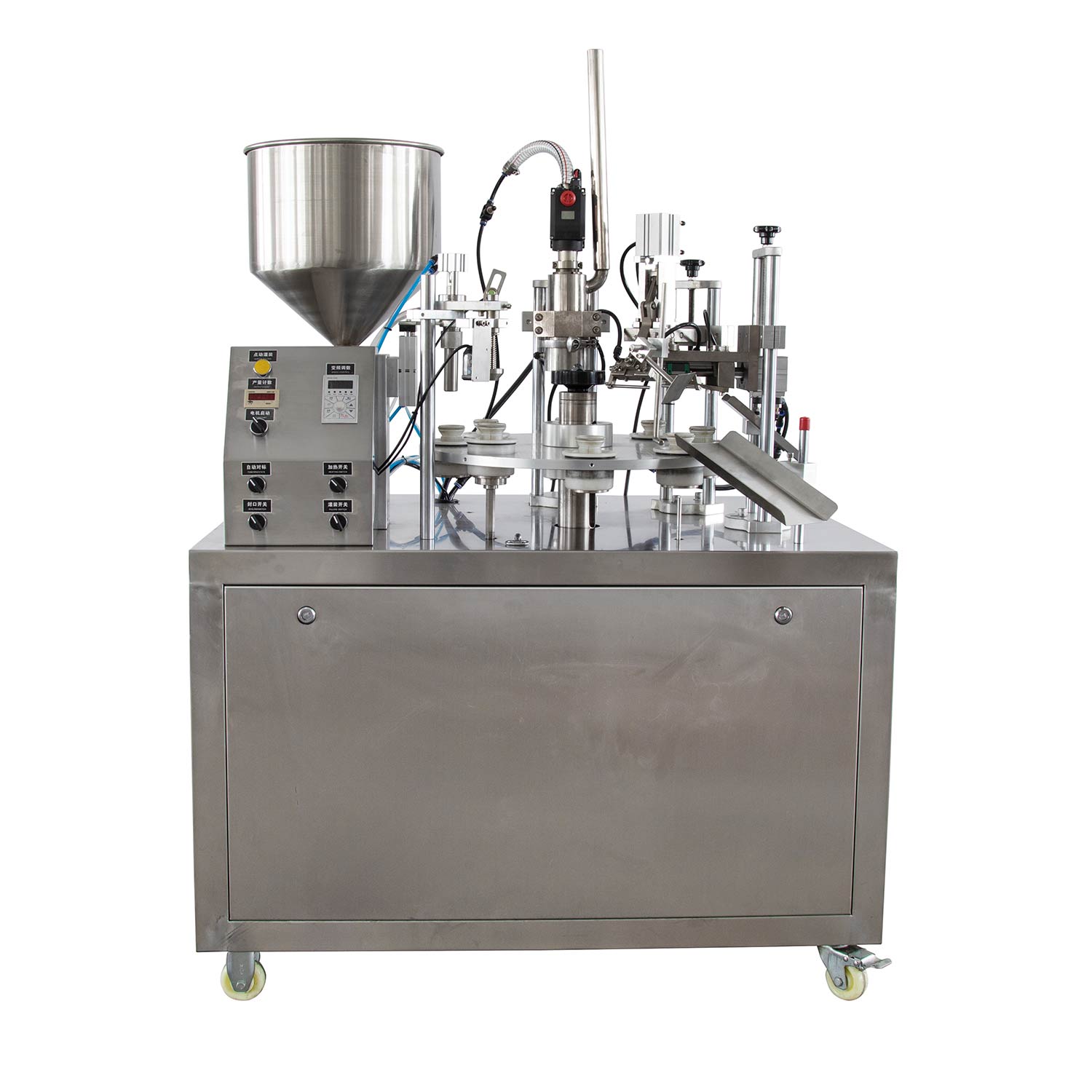
Effects of ultrasound energy density on the ... - ScienceDirect
01/04/2018 · Conventional thermal pasteurization processes are the main techniques used to ensure the microbiological safety of processed dairy products [1]. Author: Sara H.M.C. Monteiro, Eric Keven Silva, Verônica O. Alvarenga, Jeremias Moraes, Mônica Q. Freitas, M...Publish Year: 2018
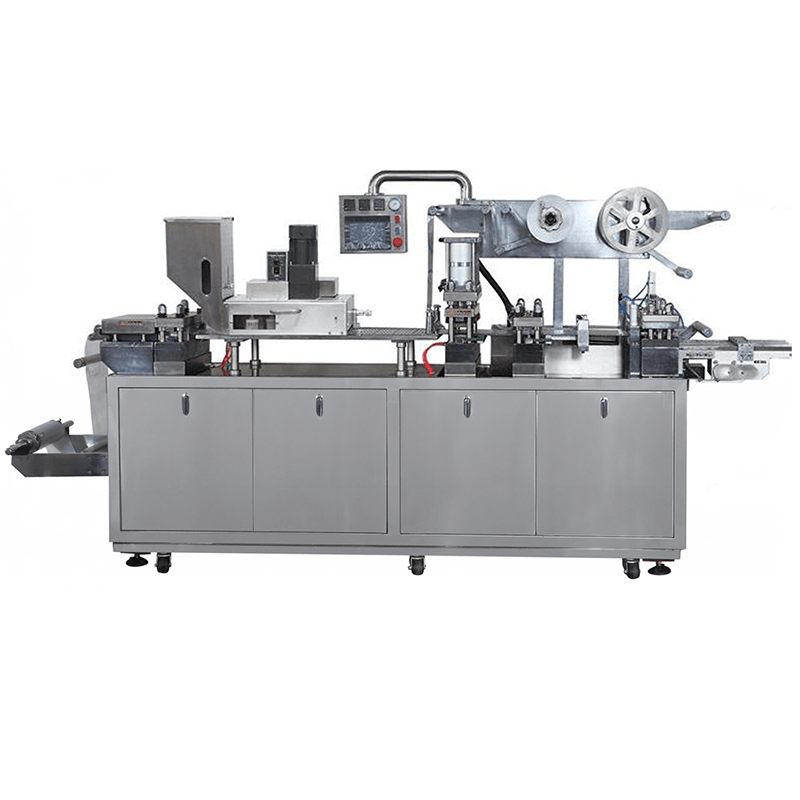
Images
View all
Get a quote
Contact Us Now
